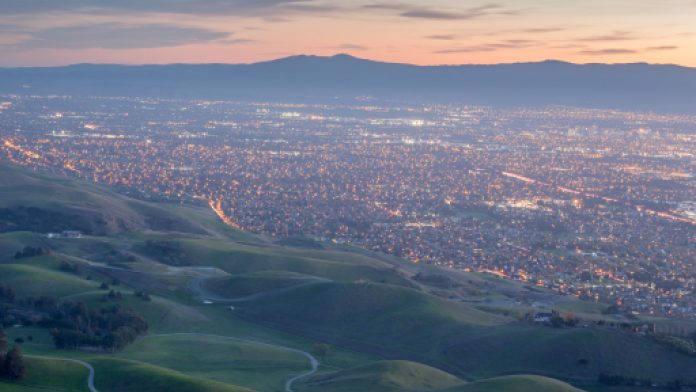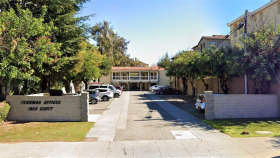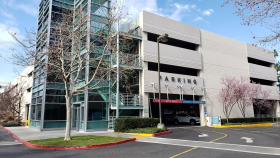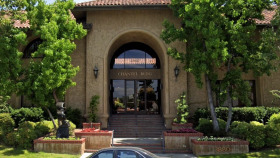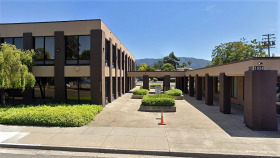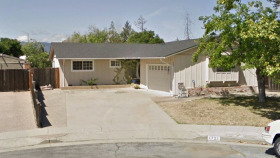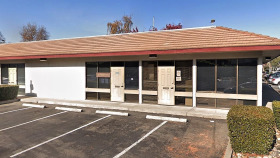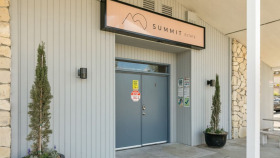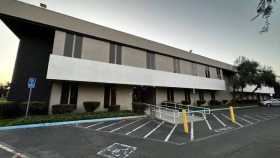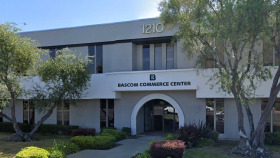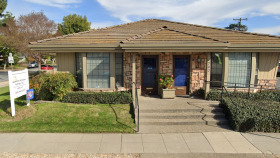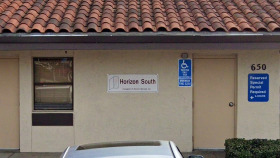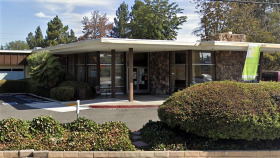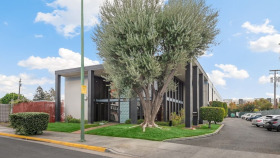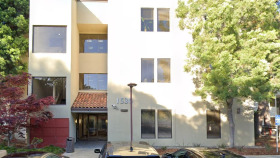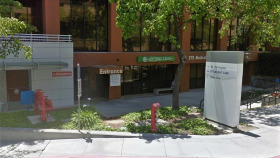Financing Alcohol and Drug Rehab in Santa Clara
The cost of drug and alcohol treatment should not hinder you from receiving quality care in Santa Clara. There are several payment options with free or low-cost fees.
Private Insurance
Every insurance provider in the U.S. is required by law to provide at least some coverage for mental health and substance abuse treatment. California residents should contact their provider to confirm specific coverage provided by their carrier, including applicable copays.
Medi-Cal
Medi-Cal is California’s Medicaid program. Funded by federal and state taxes, this program pays for medical services for children and adults who have limited income. To qualify for Medi-Cal, California residents must meet income requirements and be one of the following: pregnant, responsible for a child under 21 years old, blind, disabled or a disabled family member, or 65 years or older.
California Medicare
California Medicare is a government program providing coverage to residents who are over the age of 65 or who have end-stage renal disease. California residents can use Medicare to cover the cost of care and other addiction treatment services; however, not all Santa Clara drug rehabs accept Medicare insurance.
TRICARE in California
California TRICARE (West Region) is a government program that provides health insurance for military personnel, veterans, and their dependents. TRICARE coverage includes addiction treatment services, such as rehab and medication-assisted treatment.
State-Funded and Free Rehab in Santa Clara
For California residents who can’t afford treatment, state-funded and free services may be available. These programs use government funding to pay for the care. To qualify, residents may be required to provide proof of income.
Sliding Scale
Sliding scale programs offer income-based fees, meaning they charge only what you can reasonably afford to pay. To qualify for a sliding scale drug rehab in Santa Clara, residents typically are required to show proof of income.
Apply for a Scholarship
Some drug and alcohol treatment centers offer grants and scholarships to help pay for their services. Some facilities will pay for part of your stay, and others may revoke funding if you end your program prematurely.8 You may have to pay for the entire cost if the facility revokes the grant or scholarship. Find out the terms of the funding before you accept a grant or scholarship.
Alcohol and Drug Use Statistics in Santa Clara
Statistics from Santa Clara County revealed the following about overdose in 2020:4, 5
About 48% of adults 24 years and older in Santa Clara have a bachelor’s degree.
About 38% reported first-time alcohol use between 18 and 21 years.
Nearly 35% tried alcohol for the first time between 14 and 17 years.
About 12% tried alcohol for the first time at age 12 or younger.
The findings from a national survey showed the following statistics for drug and alcohol use among residents in Santa Clara County 12 years and older from 2016 to 2018:6
- About 15% used marijuana in the past year.
- Approximately 2% used cocaine in the past year.
- Less than 1% used methamphetamines in the past year.
- Close to 4% misused pain relievers in the past year.
- Nearly 54% used alcohol in the past month.
- About 21% engaged in binge alcohol use in the past month.
- Less than 1% used heroin in the past year.
California Alcohol and Drug Laws
California laws include the following policies regarding substance abuse:1,2,3,4,5
California Employee Protections for Drug or Alcohol Rehab: California’s labor code requires employers with 25 or more employees to provide accommodation to staff who voluntarily choose to attend alcohol or drug rehab. This may include unpaid time off or use of sick or vacation time. Employees who wish to request time off for addiction treatment may be able to request it under the Family and Medical Leave Act or the California Family Rights Act.
Substance Abuse and Crime Prevention Act: This act provides treatment opportunities for individuals who are convicted of non-violent crimes. Eligible offenders may serve their time in drug treatment rather than in prison.
California Government Prevention and Care Services: Senate Bill 110 expanded these services to include contingency management (an incentivized treatment program) as a benefit covered under Medi-Cal. Patients who demonstrate substance-free behavior, such as drug-free urine tests, are rewarded with vouchers or gift cards.
California Ethical Treatment for Persons with Substance Use Disorder Act: This protects drug addiction treatment clients by requiring treatment providers to adopt a client bill of rights, to ensure all individuals receiving addiction care are treated with dignity, honesty, and respect.
California’s Good Samaritan Law: This law encourages California residents to call 9-1-1 if an overdose is suspected. It protects individuals who seek emergency medical care for overdose from legal repercussions for possession of a controlled substance/drug paraphernalia or providing alcohol to minors.
Resources
- United States Census. (n.d.). QuickFacts: Santa Clara City, California.
- County of Santa Clara Behavioral Health Services. (2022). Good samaritan laws.
- County of Santa Clara Behavioral Health Services. (2022). What is fentanyl?
- California Overdose Surveillance Dashboard. (n.d.). Santa Clara County dashboard count.
- Santa Clara County Behavioral Health Services. (n.d.). Santa Clara County substance use assessment 2017.
- Substance Abuse and Mental Health Services Administration. (n.d.). National survey on drug use and health: 2016-2018 model-based substate estimates for California.
- State of California. (2022). Medi-Cal.
- Substance Abuse and Mental Health Services Administration. (2019). Paying for treatment.
- Centers for Medicare and Medicaid Services. (2016). Medicare Coverage of Substance Abuse Services.

